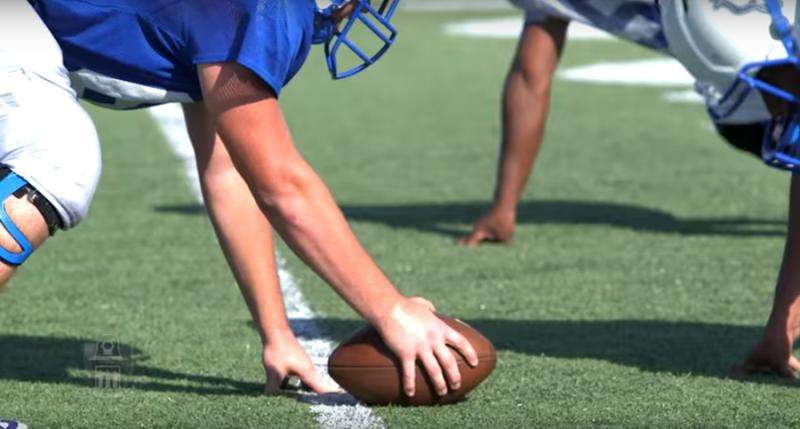Five things parents should know to protect their high school athletes

A new study by the Korey Stringer Institute described in the Orthopedic Journal of Sports Medicine ranks Arkansas No. 11 for its high school sports safety policies.
Lesley Vandermark, a University of Arkansas clinical assistant professor, is affiliated with the institute but was not involved in the study. She offered parents tips, derived from the research on which the study was based, for keeping their children safe when participating in athletics at school.
Tips for athlete safety
1. Pre-Participation Physical Exam
Even if one is not required by your school or athletic club, parents should have their child get a physical before participating. Arkansas lost points in the rankings because it does not have a policy in place requiring athletes to undergo a pre-participation physical examination. The exam should catch risk factors that can indicate potential problems.
2. Sickle Cell Trait Status
Parents should know their child's sickle cell trait status and provide that information on a pre-participation physical exam. Athletes with the sickle cell trait are susceptible to exertional sickling, a potentially fatal condition. It occurs when some of the red blood cells change into a sickle shape and cause a buildup of red blood cells in small blood vessels. Vandermark said most teens now in high school would have been tested at birth. Parents should educate themselves on modifications a child with the condition may need to make when playing sports.
3. Automated External Defibrillator
The Arkansas Activities Association does require schools to have an automated external defibrillator, or AED, at each venue or accessible within three minutes. Vandermark said parents should know where the AEDs are and how to operate them, in case no one else is available or they are asked to help.
4. Coverage by a Certified Athletic Trainer
Some schools in Arkansas hire certified athletic trainers and some partner with local medical clinics for athletic training coverage, Vandermark said, but either way parents should check that both practices and games are covered. Coverage is not required in Arkansas, but having an athletic trainer there can save lives.
5. Coach Training
Parents should ask about training for coaches, particularly for head injuries. The Heads Up Football program sponsored by the NFL is most commonly available to teach coaches about tackling techniques that are less likely to cause devastating injuries to players.
















